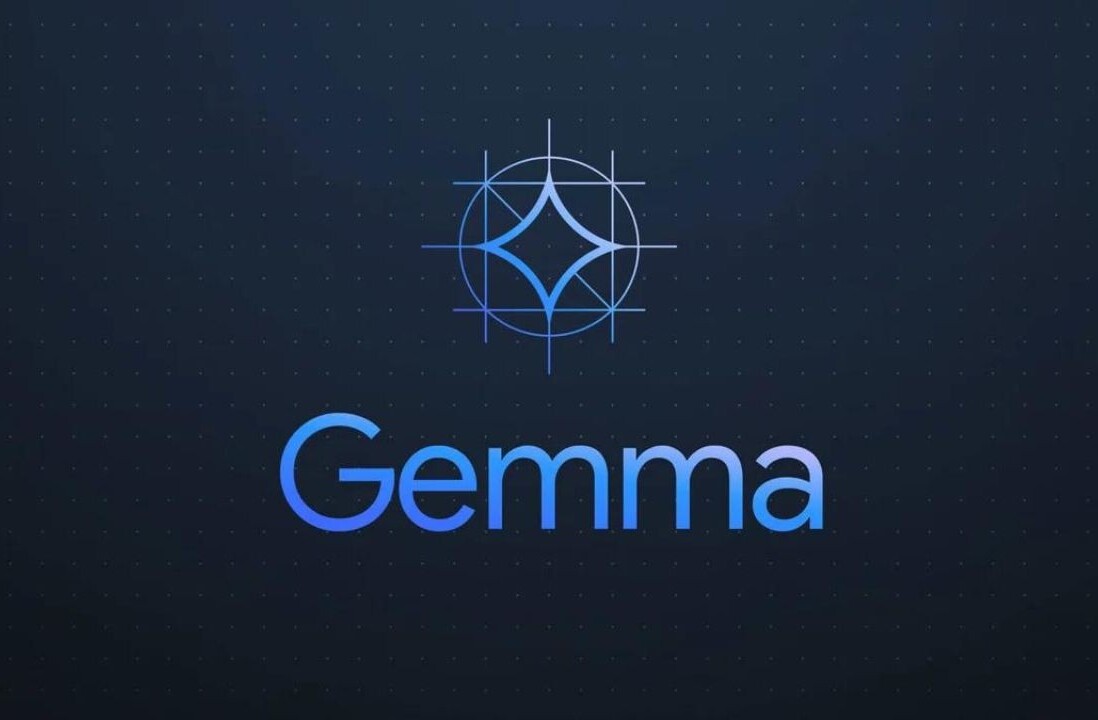
Google today released an update to its reCAPTCHA system that creates different classes of CAPTCHAs for different kinds of users. In short, it makes your life easier if you’re a human, and your work much harder if you’re a bot.
For those who have encountered CAPTCHAs and reCAPTCHA, but have no idea what they are, here’s a quick primer. CAPTCHA stands for “Completely Automated Public Turing test to tell Computers and Humans Apart”, and as its name implies, it is a quick test used in computing to determine whether or not the user is human. You’ve probably encountered hundreds of these if a site decides to verify whether you’re human or not.
reCAPTCHA, which was acquired by Google in September 2009, is similar to the CAPTCHA interface, except that it asks users to enter words seen in distorted text images onscreen. It presents two words: one which it knows (used to test whether you are human), and one which it doesn’t (used to help digitize the text in books).
Google notes that over the last few years, advances in artificial intelligence have reduced the gap between human and machine capabilities in deciphering distorted text, and the reCAPTCHA team has been making its system more adaptive via extensive research and steady improvements.
Unsurprisingly, Google wouldn’t share too much detail as to how the new system works, aside from saying it uses advanced risk analysis techniques, actively considering the user’s entire engagement (before, during and after) with the CAPTCHA. In other words, the distorted letters are not the only test.
Here’s what Google says it gains from the changes:
This multi-faceted approach allows us to determine whether a potential user is actually a human or not, and serve our legitimate users CAPTCHAs that most of them will find easy to solve. Bots, on the other hand, will see CAPTCHAs that are considerably more difficult and designed to stop them from getting through.
Since humans find numeric CAPTCHAs (pictured above) significantly easier to solve than those containing arbitrary text, Google will be showing you more and more numbers. Bots, meanwhile, won’t even see them.
That’s not all. Google says “significant advancements” to the reCAPTCHA technology are on their way “in the next few months.” We’ll keep you posted.
Top Image Credit: Johannes Eisele/Getty Images
Get the TNW newsletter
Get the most important tech news in your inbox each week.





